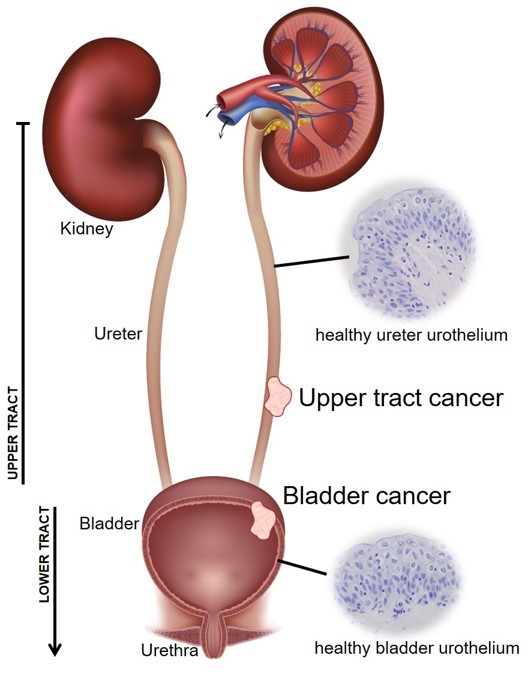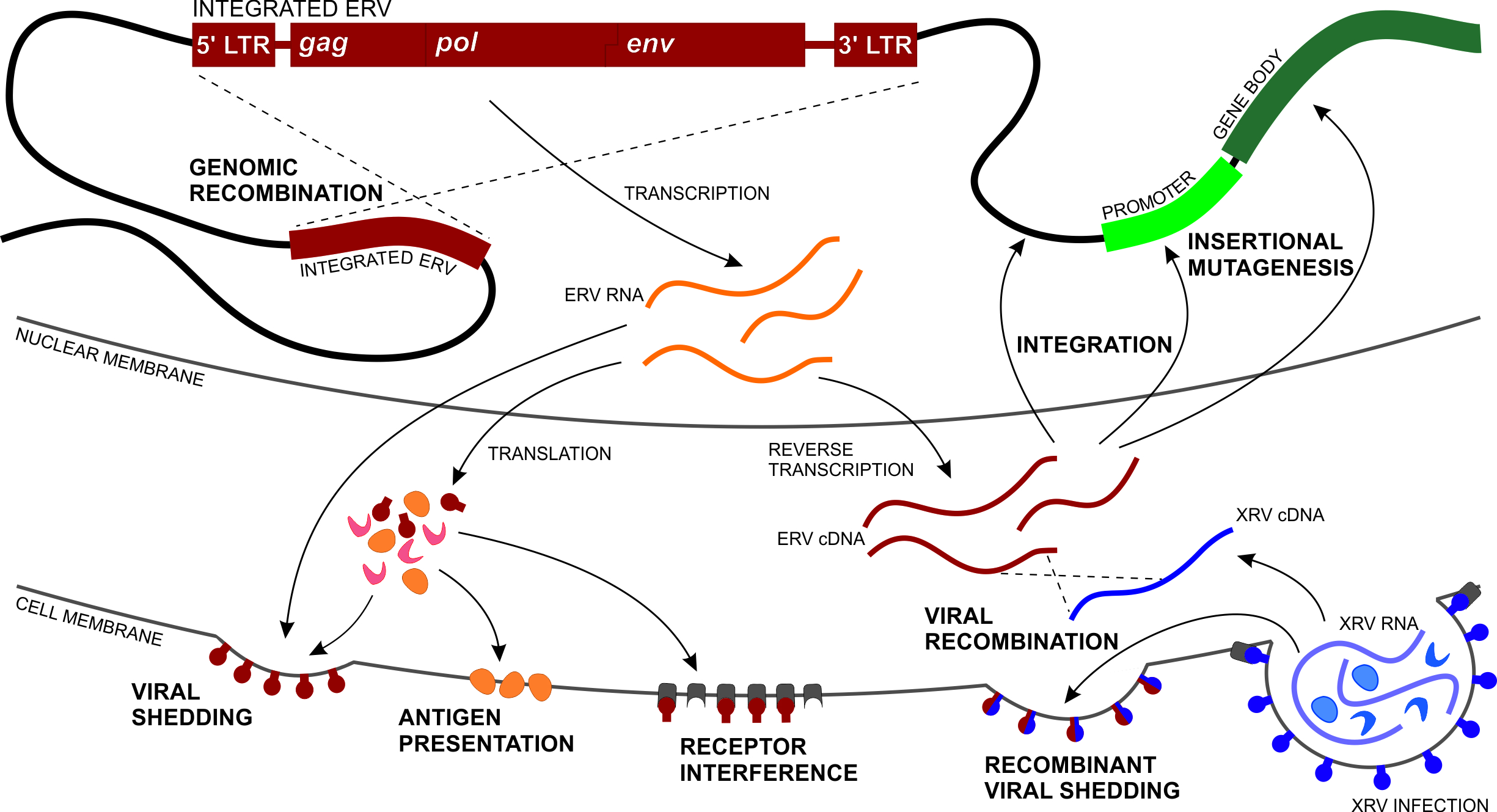Urothelial carcinoma
Urothelial carcinoma are a relatively understudied group of diseases, despite approximately 10,000 diagnoses in the UK every year. Of these, ~95% are bladder cancers, but cancers of the upper urinary tract (renal pelvis and ureter) are grouped in together, despite the urothelium having a different embryological origin.

Our work investigates the clinical application of sequencing technologies to urothelial carcinoma diagnosis and treatment, both from the bladder and upper tract. Our perspective is built on a bioinformatic understanding of the healthy human urothelium from our work across the Jack Birch Unit, headed by Professor Jennifer Southgate.
We utilise short and long read RNA sequencing technologies, and have begun to use single-cell transcriptomics to understand urothelial cellular identity in normal and malignant tissues. We use ATACseq (bulk and multiome) to investigate epigenetic dysregulation, as well as whole genome sequencing to interrogate mutational signatures.
We utilise publicly available datasets to ask specific biological questions to better inform clinical subtyping and derive more personalised therapeutic approaches. Our lab is also one of the bioinformatic leads analysing bladder cancers in the Genomics England 100,000 Genomes Project.
ERVs in avian and human cancer
Endogenous retroviruses (ERVs) are the genomic remnants of historical retroviral integrations within the germline. Whilst most ERVs degrade over evolutionary timescales, more recent integrations can continue to affect host physiology through genomic and exogenous retrovirus recombination, insertional mutagenesis, retroviral antigen presentation, and receptor interference.
Our current research focuses on endogenous Avian Leukosis Virus (ALVE) integrations in chicken, and how these modulate infection dynamics with other viruses, initiate spontaneous lymphoid leukoses, and impact production traits, utilising data from both the commercial poultry industry and smallholder farmers in Africa.
As a lab, we aim to transfer these skills to human retroviral cancers in the near future.
